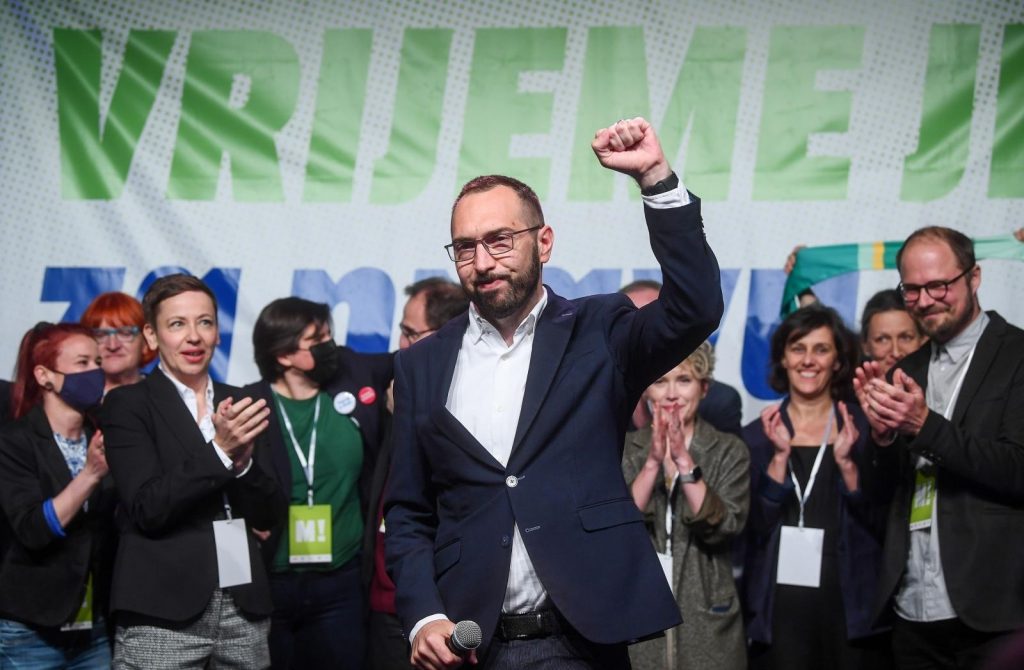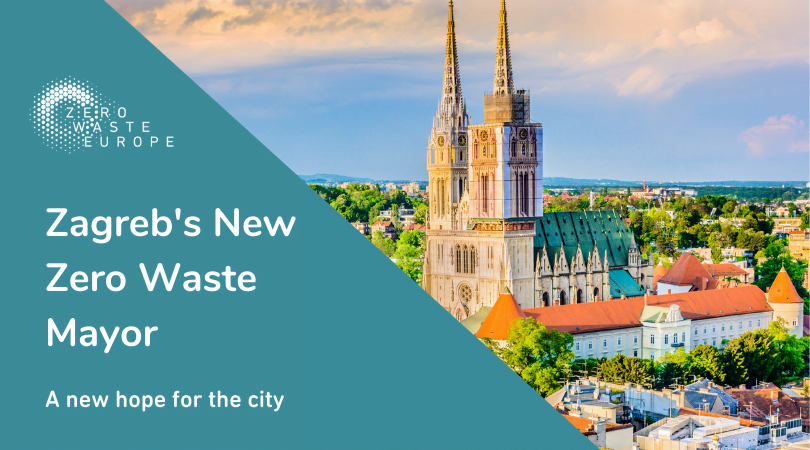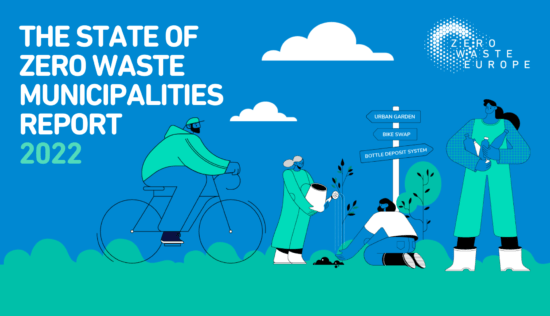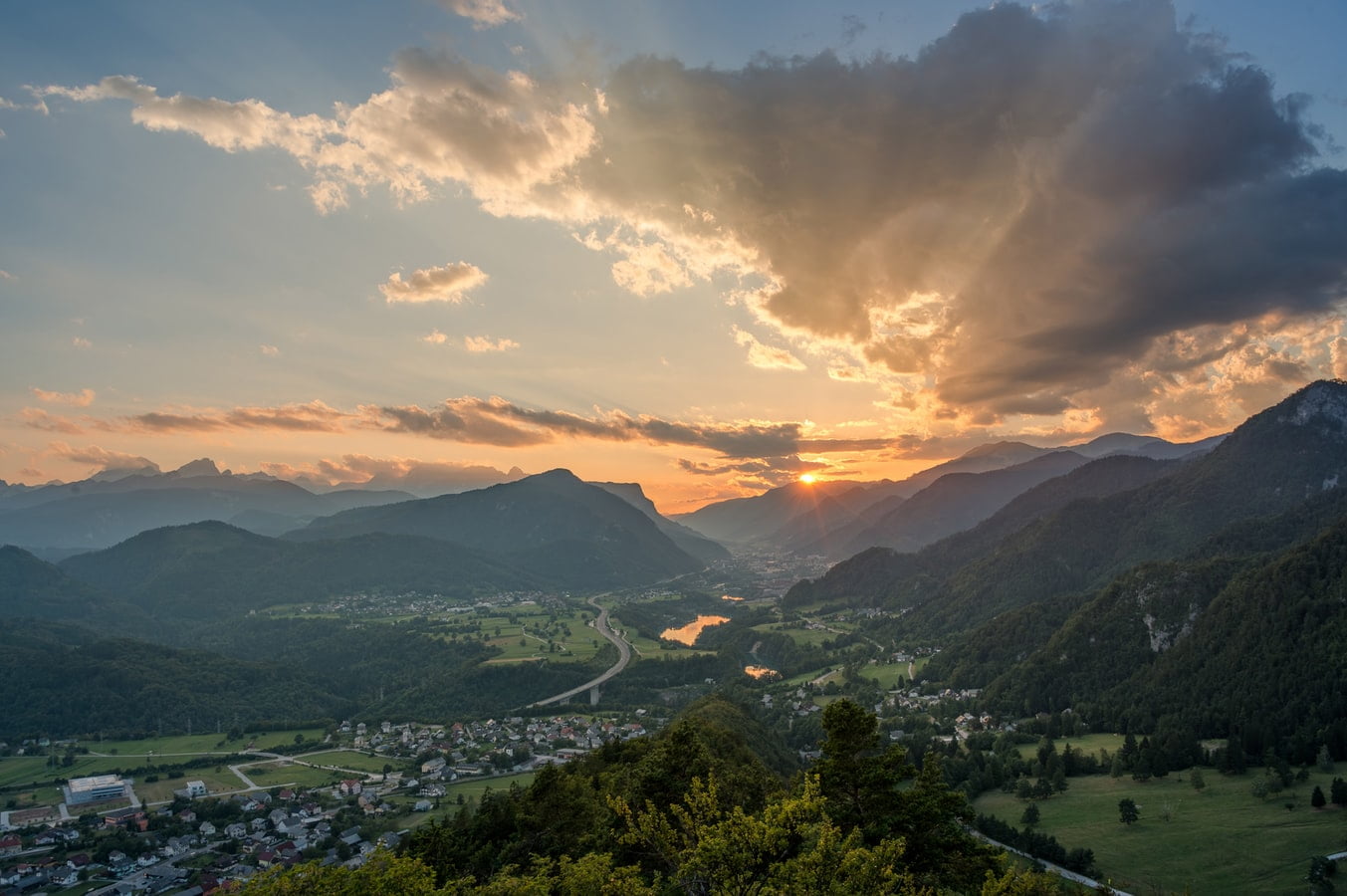The recent election of a new Mayor in Zagreb, Croatia, brings with it new hope for the city to become a zero waste leader in Europe.
After more than two decades of sending high volumes of waste for landfilling and increasing plans for waste incineration, opposed bitterly by local citizens and NGOs, the city of Zagreb, Croatia’s capital, elected Mr Tomislav Tomašević as Mayor.
Mr Tomašević’s party, ‘Mozemo!,’ which won 23 seats in the City Assembly, ran on a platform based on policies supporting zero waste and greater environmental sustainability. Together, with the active work of our member Zelena Akcija (Zero Waste Croatia), we would like to offer our assistance and expertise to help Zagreb in its plans to transition towards a more sustainable waste management system.
If Zagreb decided to join the zero waste cities movement, it would follow in the footsteps of other pioneering cities in Croatia, such as Prelog.
The plans for Zagreb put forward by Mr Tomašević and his party were centred around the need to establish a sustainable waste management system based on zero waste principles. They include the creation of a new reuse centre, composting and biogas facilities; the introduction of a Pay-As-You-Throw system to incentivise waste reduction from households and business; and other mechanisms designed to push the city towards a more circular economy.

Furthermore, there are also plans to construct a Mechanical Recovery and Biological Treatment (MRBT) site for Zagreb’s residual waste – a key tool that will be crucial for the city to meet its obligations to landfill 10% of municipal waste without increasing the use of harmful, inefficient waste incineration mechanisms.
Find out what MRBT is and why it’s so important in our brand new video.
Currently, the Croatian Ministry of Economy and Sustainable Development continues to push through new national laws proposing regional waste management centres, taking powers away from local authorities. It also keeps encouraging environmentally harmful Mechanical Biological Treatment (MBT) with co-incineration sites that are proven to be extremely costly and ineffective in reducing waste. Therefore, within this context, these plans from Mr Tomašević as Zagreb’s new Mayor are even more important, to show that there is another and better way of managing our waste – one that prioritises sustainability with our environment.
Our network of over 400 municipalities proves that zero waste principles can be hugely successful for local authorities. When applied effectively and tailored to the local context, the zero waste cities model provides a ready-made framework for decision-makers to adopt to reduce waste, save money, protect human health, and go above and beyond the minimum targets required by EU law.
We very much hope that Zagreb will soon join our network of the most successful European Zero Waste Cities, alongside cities such as Ljubljana, Capannori, Treviso, Parma, Kiel, and many more. We stand on hand ready and excited by the potential of supporting Zagreb to become our second Zero Waste Capital City in Europe.





